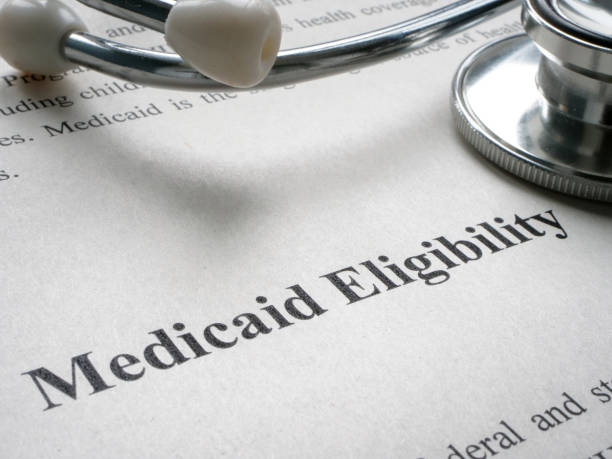As the COVID-19 viral pandemic rages across the world, the political left in the United States wants to use this health crisis as a reason to transform our health care into a government-run, single-payer system. As Rahm Emanuel, President Obama’s Chief of Staff said at the time of the 2008 economic turmoil, a crisis should not be politically wasted.
Canada is the poster-child for a single-payer system. Researchers at the University of Toronto estimate that 35 percent to 70 percent of the country could ultimately be infected with the COVID-19 virus. Canadian doctors are complaining that they don’t have the resources to treat the potential number of sick patients.
Canada already has unacceptable waiting times for routine treatments. In 2019, the average waiting time was over 20 weeks from the time a patient saw a primary care physician to receiving specialty treatment. Adding hundreds of thousands of new COVID-19 patients to a socialist system that is already stressed to the maximum will be a predictable disaster.
Great Britain is another country with a long-standing government-run health care system. The popular newspaper - The Guardian - has long been a supporter of the National Health Service. Waiting times in Great Britain are at least as long as those in Canada, plus Britain has a shortage of 10,000 doctors and 43,000 nurses. The country does not have enough intensive care unit beds now, let alone when thousands of infected patients need critical care treatment. The shortcomings of their socialized health care system was one of the main campaign issues in their last national election.
The U.S. federal government initially responded slowly to the crisis. The Center for Disease Control and Prevention had the vast majority of COVID-19 test kits and the number was woefully inadequate. The problem was then compounded by the government Food and Drug Administration’s demand that it approve any new test kit. The sclerotic FDA is extremely bureaucratic and cumbersome and reacts very slowly on the approval of any new drug or medical device. There is no reason to believe a “Medicare for All,” single-payer system in the U.S. would streamline these government agencies.
In the best of times, the demand for health care far outweighs the supply of care. Economists estimate that the proposed “Medicare for All” plans would add an additional health care cost to the country of $14 trillion to $34 trillion over the first ten years.
Long waiting times are not in the patient’s best interest and would not be acceptable for the vast majority of Americans. Health care rationing through waiting lists is effective when supply is overwhelmed by demand.
The question is whether government bureaucrats should have the authority to pick and chose what procedures patients receive and who should actually receive those treatments, while others are forced to wait for care. In Italy, doctors are now denying life-saving ventilator treatments to the very elderly because of overall lack of equipment and intensive care beds.
A further problem is that a single-payer system discourages innovation. There is virtually no money and little incentive to invest in new life-saving medicines and medical devices. Lack of innovation guarantees that few new treatments will be discovered, with little improvement in quality of life or life expectancy.
Under a single-payer system, health care spending must compete with all other government activity for funding. This makes health care very political and subject to change with every new budget. It also forces each health care sector, for example hospitals and doctors, to compete against each other for limited money.
In this time of crisis, we have seen how slowly our federal government has responded. A single-payer system would centralize all health care with the government. Bureaucrats, not patients and their providers, would make life and death decisions about the kinds and amount of care people receive. This is not in the best interest for Americans, especially in the current public health emergency.
- Health Care
- Medicare for ...
Medicare for All is not the answer for the COVID-19 pandemic
- Blog
- ROGER STARK
- Jul 7, 2020





